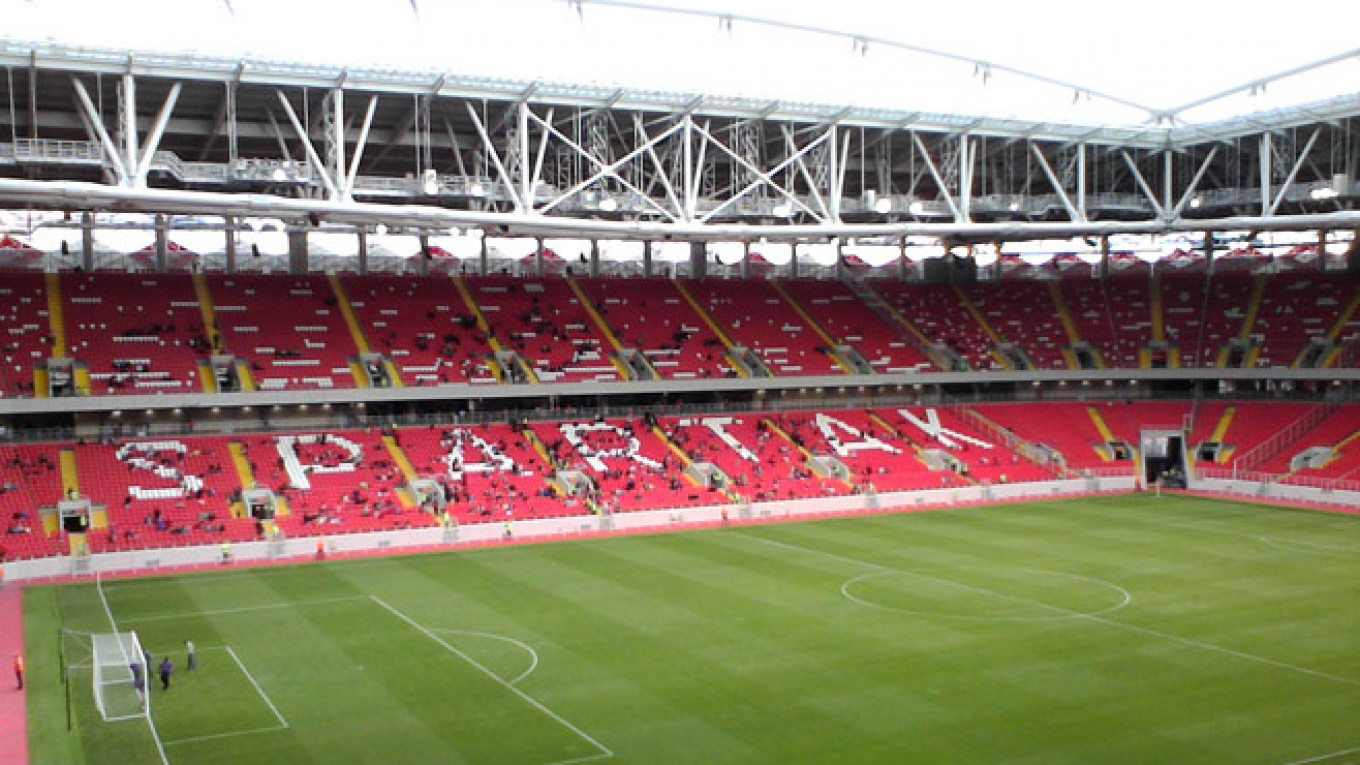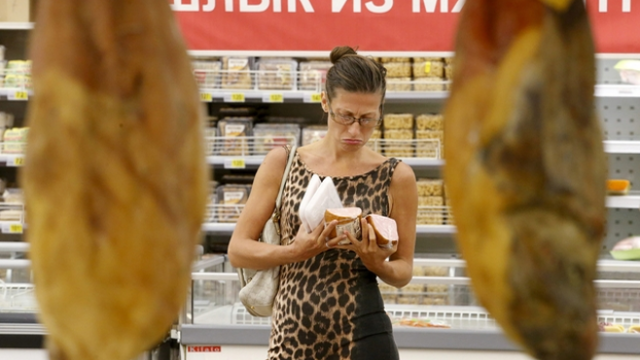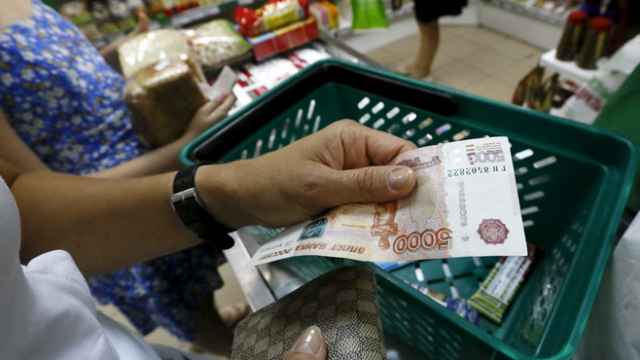It is easy to conclude when reading economic news or commentary that the government's activities dominate the economic life of the country. That is far from true. The most important activity occurs at the grassroots level.
However, that area receives far less media attention, even when important trends develop there. For example, the rapid economic growth of the early 2000s resulted not only from high oil prices and responsible economic policy, but from the efforts of millions of businesspeople and workers. The fact is that each individual step of creating a company, opening a branch office or even offering a new service is too small for the media to comment on.
However, it is important to single out individual bits of good news — especially when they would otherwise get carried away by the torrent of bad news flooding in from all economic fronts these days. For example, I see it as good economic news that attendance is way up at Spartak Moscow football club matches.
It is good news not only for fans of the Premier League team, but for everyone who believes in the audience potential of Russian football and, if I can be so bold — for the future of the Russian middle class.
Last year, attendance averaged 25,000 spectators for Spartak games — significantly more than for any other Premier League teams.
However, the comparison here is not with other teams, very few of which have such a historic "brand" as Spartak. The point is that the number is much higher for the Spartak club itself, and even higher than it was during the team's more successful seasons.
In addition, Spartak was almost the only team to experience significantly increased attendance in a year when it fell for the Russian league as a whole and for most teams individually.
What's more, the "quality" of attendance has also risen: Almost half of the seats at the Otkrytiye Arena where Spartak plays were filled by season ticket holders.
Football fans like me who have been around for 30 years or more remember what happened in British stadiums in the 1980s — how the presence of violent groups of fans from the lowest social stratum either led to tragedy, as in the 1985 European Cup final, or at least markedly decreased the desire of middle class fans to attend the games.
And now, 30 years later, the fans have become much more civilized — in part because both the quality of the show and the price of tickets have risen significantly and now an entirely different contingent of people attends the games.
So far I have yet to see a single serious sociological study of the changing structure of spectators attending games of the Spartak, Zenit or Krasnodar clubs, one that pays adequate attention to the increasing number of spectators in the stands.
However, seeing those changes firsthand gives me the impression that something positive is happening. That is good news in and of itself, but it also indicates the great potential for positive change in other cities — especially in those that will host World Cup matches three years from now.
Konstantin Sonin, a columnist for Vedomosti, is a professor at the University of Chicago and the Higher School of Economics in Moscow.
A Message from The Moscow Times:
Dear readers,
We are facing unprecedented challenges. Russia's Prosecutor General's Office has designated The Moscow Times as an "undesirable" organization, criminalizing our work and putting our staff at risk of prosecution. This follows our earlier unjust labeling as a "foreign agent."
These actions are direct attempts to silence independent journalism in Russia. The authorities claim our work "discredits the decisions of the Russian leadership." We see things differently: we strive to provide accurate, unbiased reporting on Russia.
We, the journalists of The Moscow Times, refuse to be silenced. But to continue our work, we need your help.
Your support, no matter how small, makes a world of difference. If you can, please support us monthly starting from just $2. It's quick to set up, and every contribution makes a significant impact.
By supporting The Moscow Times, you're defending open, independent journalism in the face of repression. Thank you for standing with us.
Remind me later.






